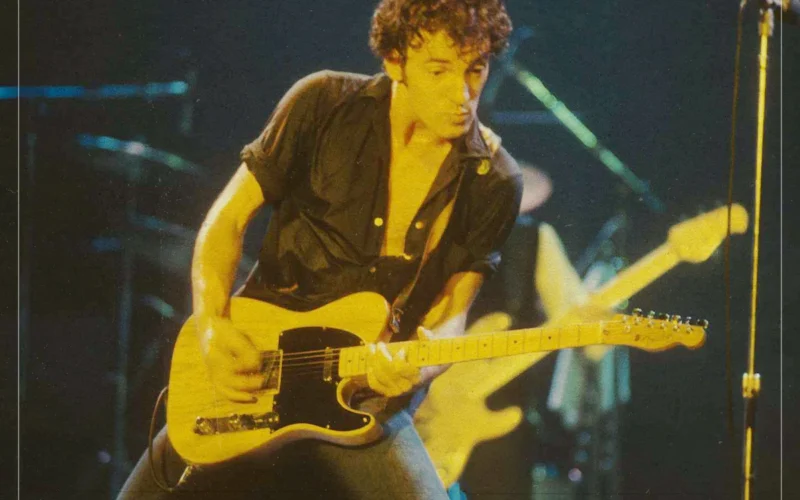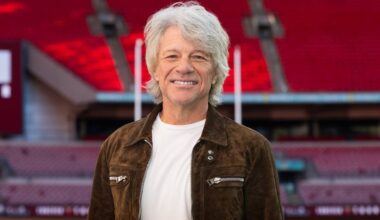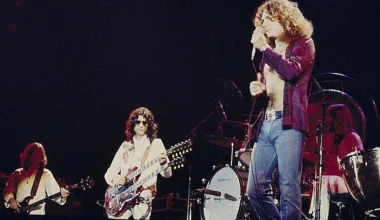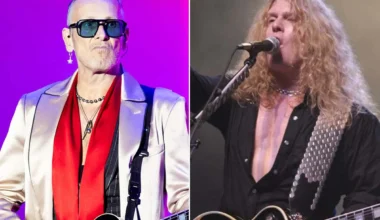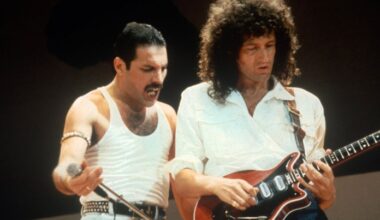For Bruce Springsteen, music wasn’t just about the catchy three-minute single. Sure, that was the medium everyone worked in, but if you used it well enough, the best songs in the world hit someone on a visceral level to the point where they could re-evaluate their lives by the time the song was over. That might take a lot of practice for any songwriter to achieve, but a lot of that also came from ‘The Boss’ looking at some of the icons that laid the groundwork for his persona.
Because when Springsteen puts on a show, it’s never about coming together and seeing a bunch of songs for the hell of it. Every show that the E Street Band have ever played has made the audience feel special and that everyone there needed to be in attendance for the show to go off without a hitch. It’s not because of anything that they did to get into that concert seat, but Springsteen was for the everyman, and he made sure to carry himself like that, too.
Yes, he has the kind of extravagant lifestyle that neither you nor I have ever seen in our lives, but the stories he tells are pretty much bulletproof, no matter what walk of life you’ve come from. Every person has had to deal with having their heart broken, with falling out with their parents, or trying to live an everyday life, and when looking at the people he looked up to, Springsteen knew that world was something he needed to embody to comment on.
Compared to every other rock star that came before him, Springsteen felt the biggest stars needed to be saying more than music, saying, “My heroes were people like Frank Sinatra, Hank Williams, Woody Guthrie, Bob Dylan. These were all people who brought their entire philosophy along with them, created a world that would engulf you and assist you in different ways of living, different ways of presenting yourself. Those were the artists that always interested me. They always seemed to carry a realisation of what being a musician might mean.”
But the way that every one of those people did that was far different from anyone else. Woody Guthrie and Bob Dylan may have shared their protest songs by speaking for everyone, but listening to what Hank Williams did was entirely different. His songs were commonplace in the country world, but since his personal life was so tied in with the songs he was singing, it was easy to picture him living every single moment of his songs rather than singing them.
The same applies to Sinatra, too, if we’re being honest. There may have been some nasty back pages to his career that could make him look more than a little bit seedy, but nothing but pure sophistication came out of his mouth whenever he played. But maybe that’s the key behind all of these artists. Each of them were people who played it safe for the cameras, but their songs were always where they told the truth.
And looking at the people that Springsteen left off, countless artists have done the same thing for their respective mediums. Bob Marley embodied his philosophy to his core with reggae music, Johnny Cash was the epitome of what life could be like as a country musician, and Billie Holiday took all of the pain and strife from her life in a way that made people ache when they heard her voice.
So when ‘The Boss’ sings songs like ‘Land of Hope and Dreams’ and ‘The Rising’, he’s going for something more than the traditional group sing-along. He’s showing everyone that he’s as sad, frightened, and optimistic as any other person can be, but the only way he can let that emotion out is when you get him in front of a microphone and let the E Street Band wail away behind him.
